
National
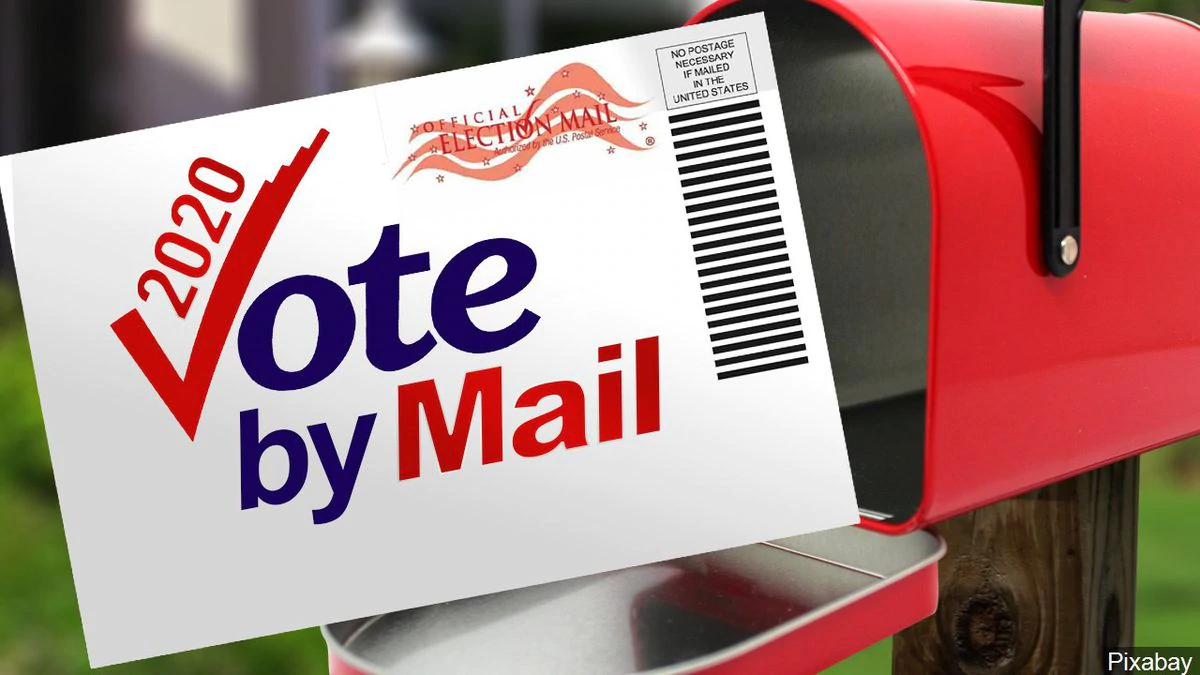
Vote: For God, For Country, and For Yale
Voting is perhaps the only way to claim responsibility for the results of the election, and to what policies are enacted and operated in our country, and what we stand for
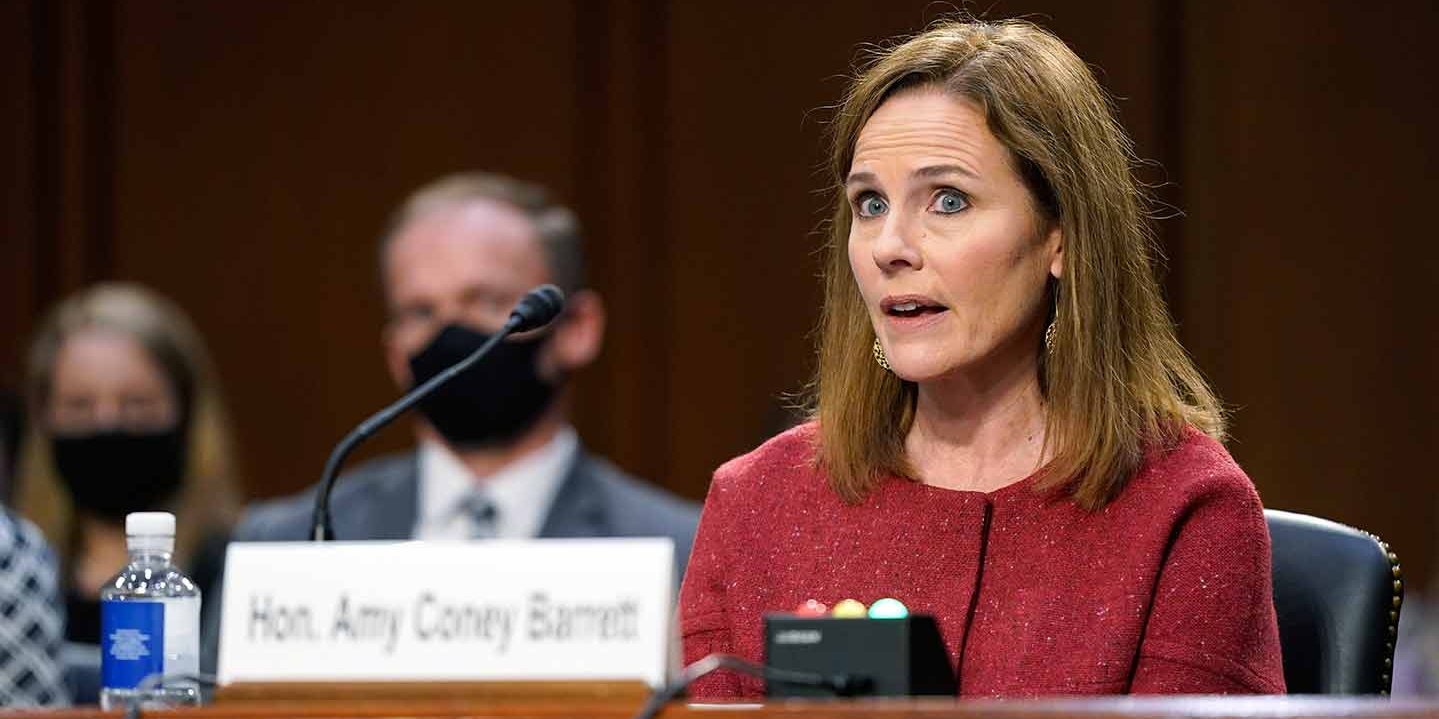
Efforts to Confirm Barrett Reflect Constitutional Conflicts
Republicans are right when they say that both the president and the Senate have the constitutional power to do exactly what they’re doing. However, just because they can doesn’t mean they should.

Primed for Power: America in the Age of Amazon
Amazon won its battle with Quidsi not because it was better but because it was bigger, and it could lose more money, faster.
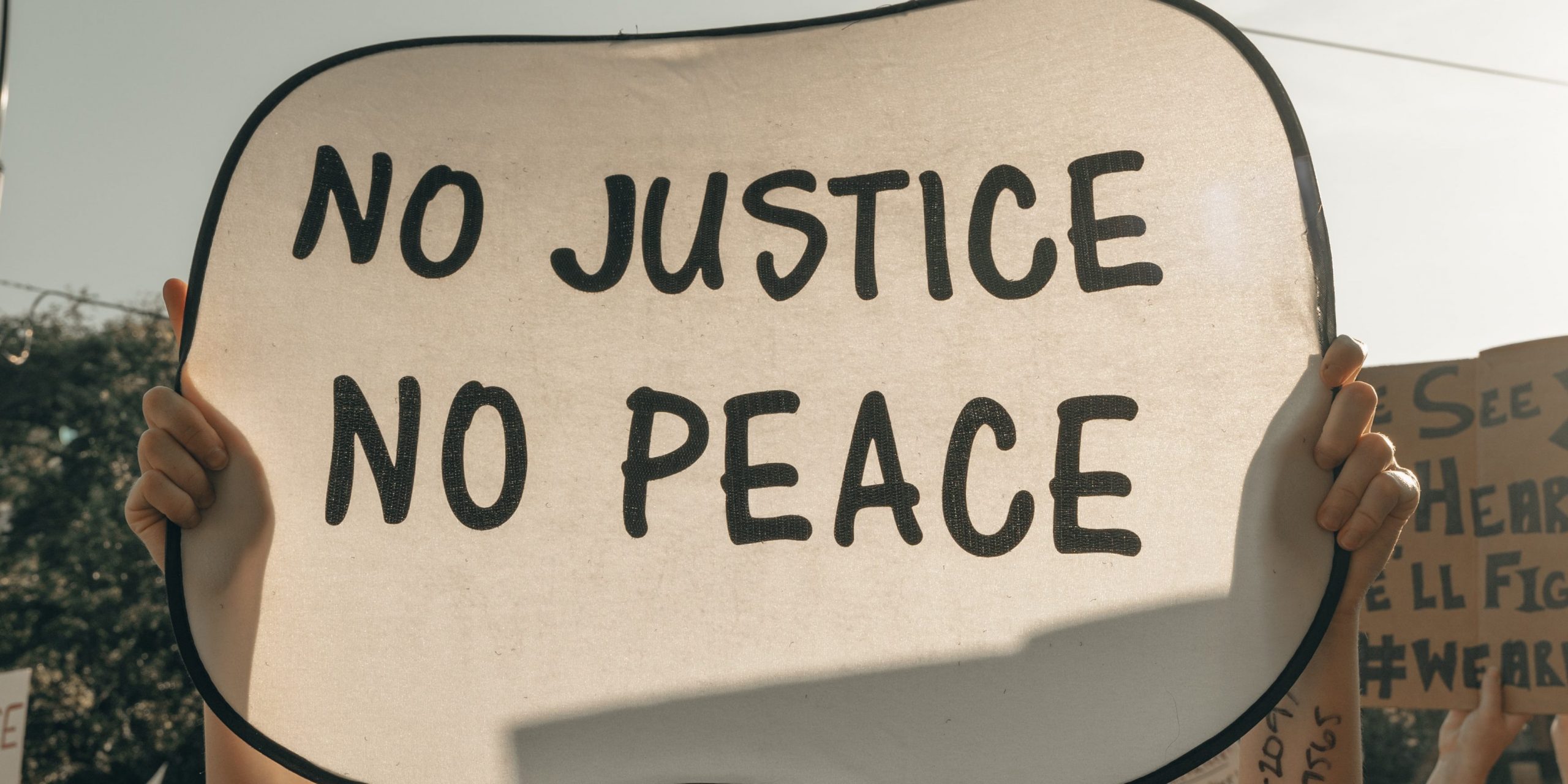
The Rhetoric of Revolution
While both parties can be held responsible for the ineffectiveness of social reform, Democrats have long played a special and enabling role in the problem.
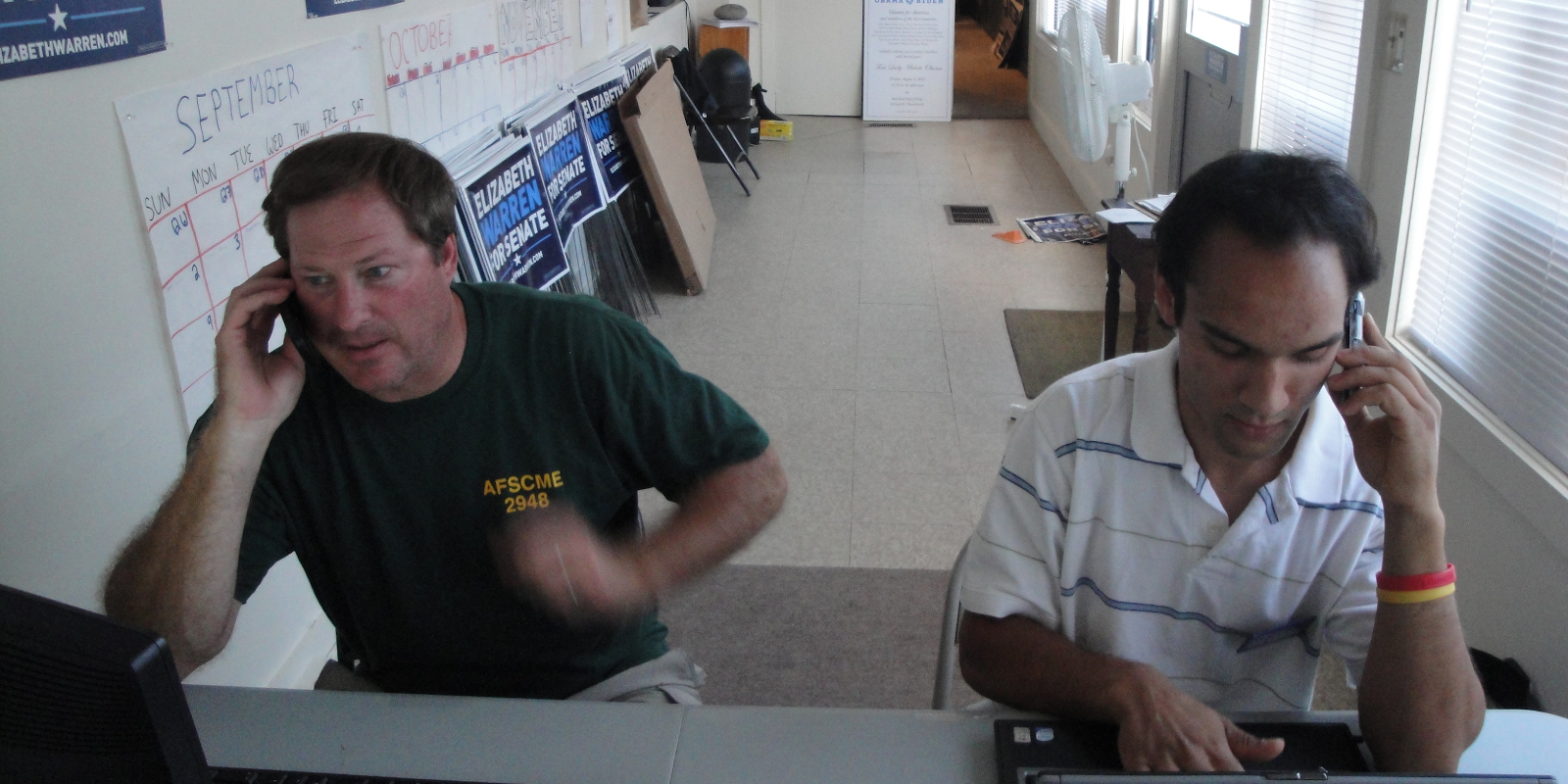
How Political Campaigns, Volunteers, and Voters Are Adapting to COVID-19 Changes
As a result of COVID-19, everything about the traditional political campaign has been impacted—fundraising, volunteer numbers, messaging, staffing, public opinion and the subjects discussed during voter outreach are just some examples.
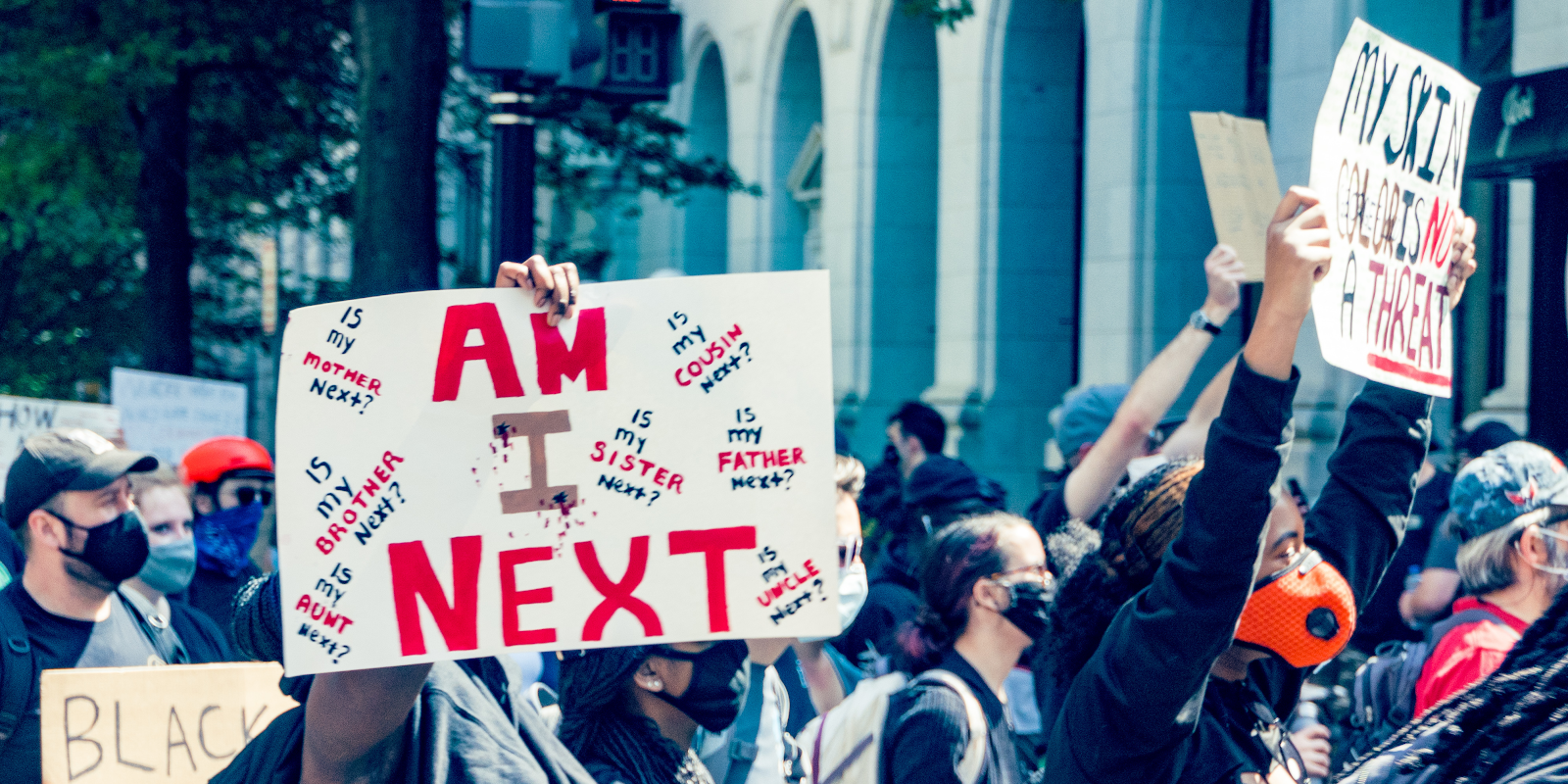
Why Defunding the Police is the First Step to a More Equitable Society
To some, defunding the police may sound like a radical solution to the countless instances of police brutality we have faced as a nation. However, it is not only plausible but also instrumental in ensuring that we do not lose more lives at the hands of police officers.
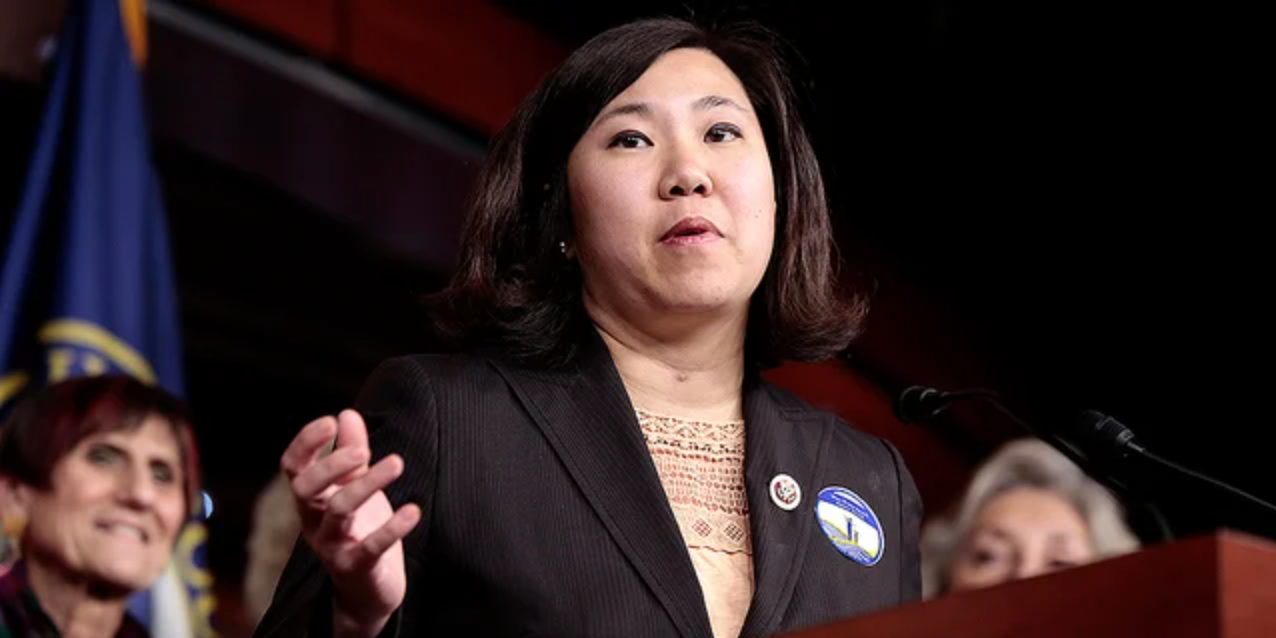
The Party-Line Vote on Racism
On September 17, the House of Representatives voted on “Resolution 908: Condemning all forms of anti-Asian sentiment as related to COVID-19….” The resolution was a purely symbolic statement against racism.
164 Republicans voted no.
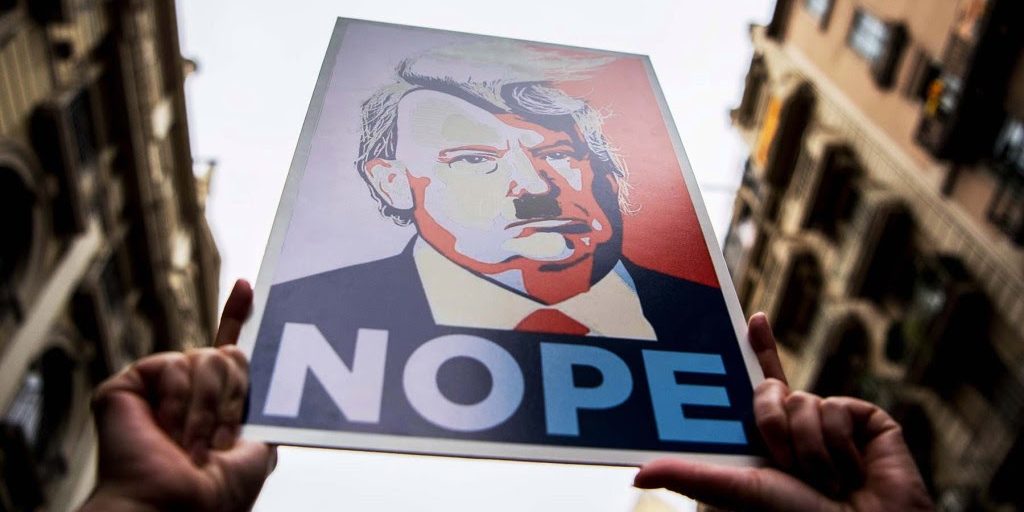
The Boy Who Cried Buzzwords
The overuse of these hackneyed phrases anesthetizes us, leaving us unable to separate democracy’s legitimate cries for help from the discordant noise of scare tactics.
